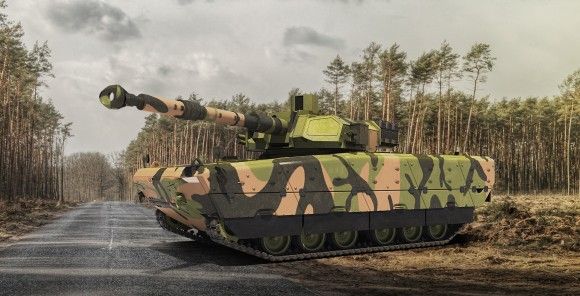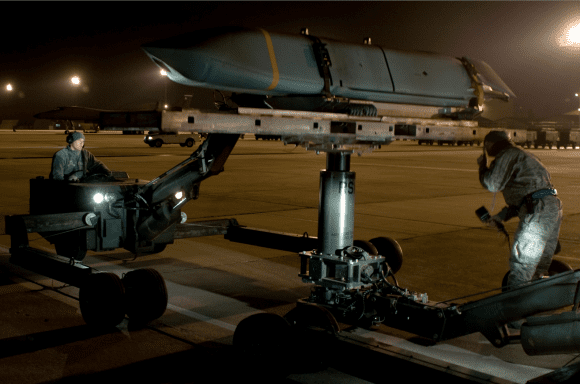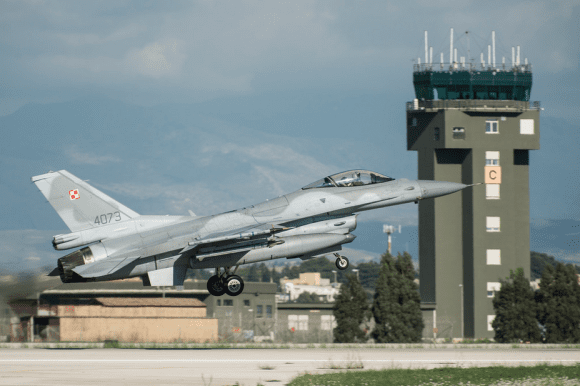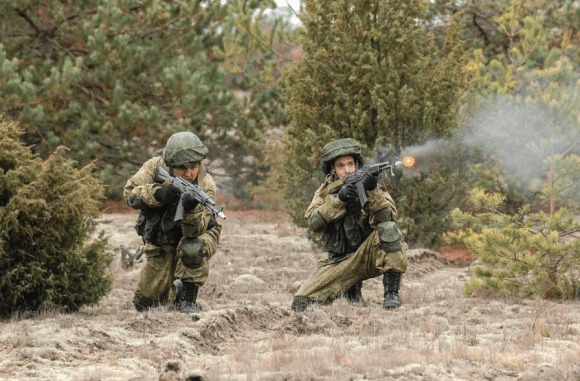Land Forces
Polish Army to Acquire New Main Battle Tanks. Instead of Gepard?
The Armament Inspectorate has initiated a market analysis, related to acquisition of a new type of a main battle tank for the Polish Army. The above means that the declarations made when the Strategic Defence Review document was published, would become formalized.
According to the announcement made by the Inspectorate, the analytical-conceptual phase that has begun, concerns the potential acquisition of a main battle tank. The new platform’s purpose would be to act against armoured vehicles, armour and non-armoured assets of the enemy, and to neutralize and destroy the enemy fire units and act against the personnel. Finally, the new tank shall remain able to demolish wooden-soil, brick-laid and ferroconcrete fortifications and to neutralize airborne threats.
The vehicle is to protect its crew from onboard cannons, firearms, anti-tank grenades, mines and IEDs, and also from any other projectiles being fired by the armoured vehicles. The protection is to be provided with the use of an active vehicle protection suite.
As a result of the above, an ability to act against armour and armoured targets is to be obtained, with provided offroad mobility, with the use of tank battalion elements. The submissions for being included in market analysis are to be accepted until 30th June.
Read more: Polish National Defence Concept: New Division and 5th Generation Fighter Aircraft
The plan for procurement of a new tank has been disclosed by the Representatives of the Polish Ministry of Defence, when the Polish Defence Concept has been presented. The programme is to be implemented as an international cooperation.
The emphasis, when it comes to the armoured weaponry, is going to be placed on a new generation main battle tank. We see a chance to have this project implemented in an international setting.
When it comes to the presentation of the Strategic Defence Review, Deputy Minister of Defence Tomasz Szatkowski also announced that the Ministry would resign from implementing the Gepard Close Support Vehicle Programme, with that platform being expected to replace the T-72M1 main battle tanks, with the PT-91 platform to follow. However, the assumptions behind the Gepard programme have been frequently criticized. The total mass at 35 tonnes did not make it possible to provide the vehicle with an adequate level of passive protection, comparable to the contemporary main battle tanks.
Initiation of the analytical-conceptual phase, the goal of which would be to procure a new main battle tank, is the first step of the way, related to implementation of the provisions contained within the Strategic Defence Review. Polish Ministry of Defence is also willing to modernize the currently operated T-72M1 and PT-91 platforms, to maintain their combat worthiness until the new vehicles are introduced. Moreover, as we were informed by Szatkowski in an interview, Poland is looking for options of acquiring extra Leopard 2 platforms. Obviously, the 2A4 tanks already owned are being modernized up to the 2PL standard.
It shall be noted though that after the war in Ukraine broke out, classic main battle tanks yet again are in the eye of the beholder. The Russians have demonstrated a prototype of the new generation T-14 Armata tank, meanwhile Germany and France announced that they would work together, transnationally, on a replacement of the Leopard 2 and Leclerc platforms. The aforesaid programme, known under the working name of “Leopard 3”, is seen as a chance of collaboration by the Polish industry, which has already been mentioned by the Polish Defence Minister, Antoni Macierewicz.
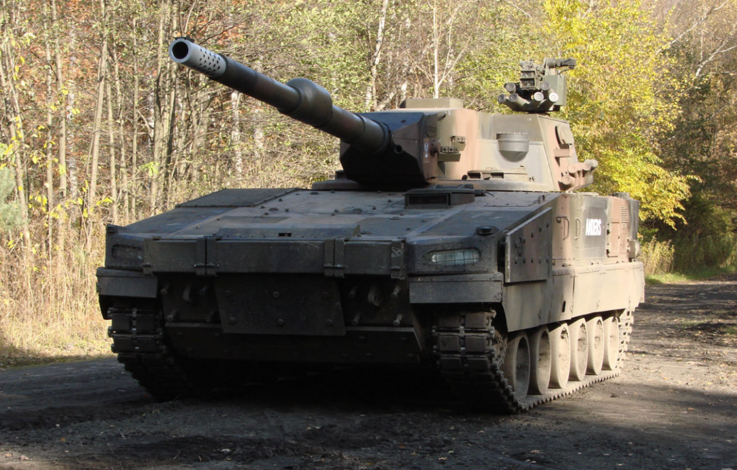
NATO member states are also involved in efforts, the goal of which would be to reinforce the existing tank fleets. Germany decided to reacquire the stored Leopard 2A4 main battle tanks, and to upgrade them up to the Leopard 2A7V standard. A similar upgrade programme is also planned with regards to the vehicles transferred by the Netherlands, used in the joint German-Dutch armoured unit. As a result of the above steps, the Bundeswehr is to have around 320 tanks at its disposal.
On the other hand, the Americans, besides continuous deployment of rotational armoured brigades in Europe, are willing to have equipment packages stored in Europe for two more elements of this type. The main battle tanks included are expected to undergo gradual modernization process, also including equipping them with active protection systems.
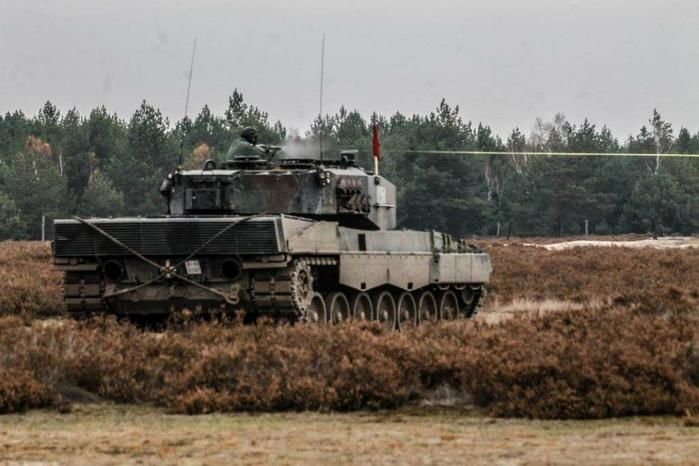
Russia, alongside the T-14 programme, has also been widely modernizing its tanks up to the T-72B3/B3M standard. Growing geopolitical tension, following the Ukrainian war, is translated into increased conventional conflict risk. In conditions as such, tanks weighing often more than 50 tonnes, featuring significant passive protection system which may be supplemented with active suites, play a relevant role.
Considering the fact that generationally new main battle tank (developed by Germany and France) is in its infancy, it cannot be ruled out that in a longer run, the Polish Army would also receive such vehicles. Until then, the Polish Army will be able to utilize the Leopard 2 platforms, and the T-72 and PT-91 main battle tanks, planned to be modernized.

